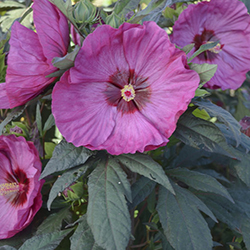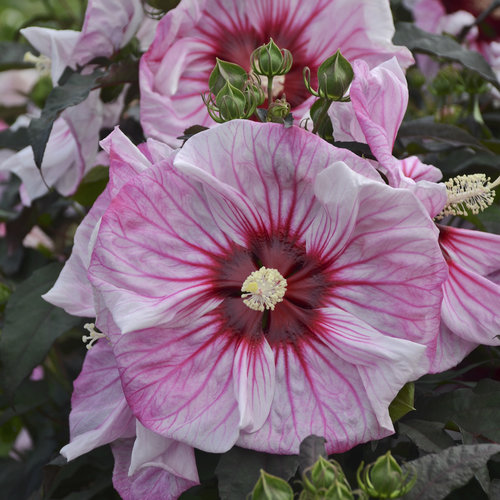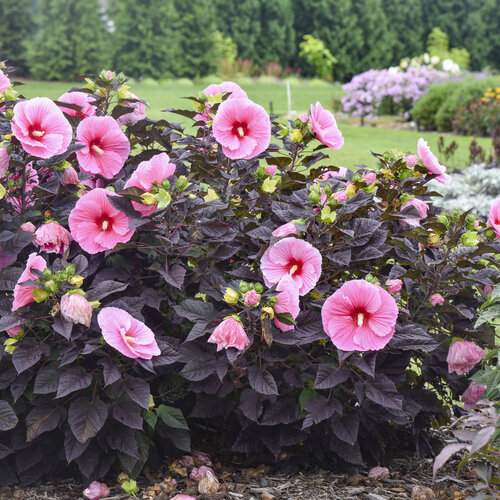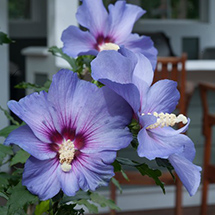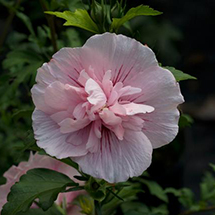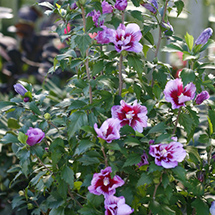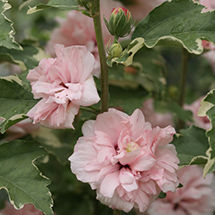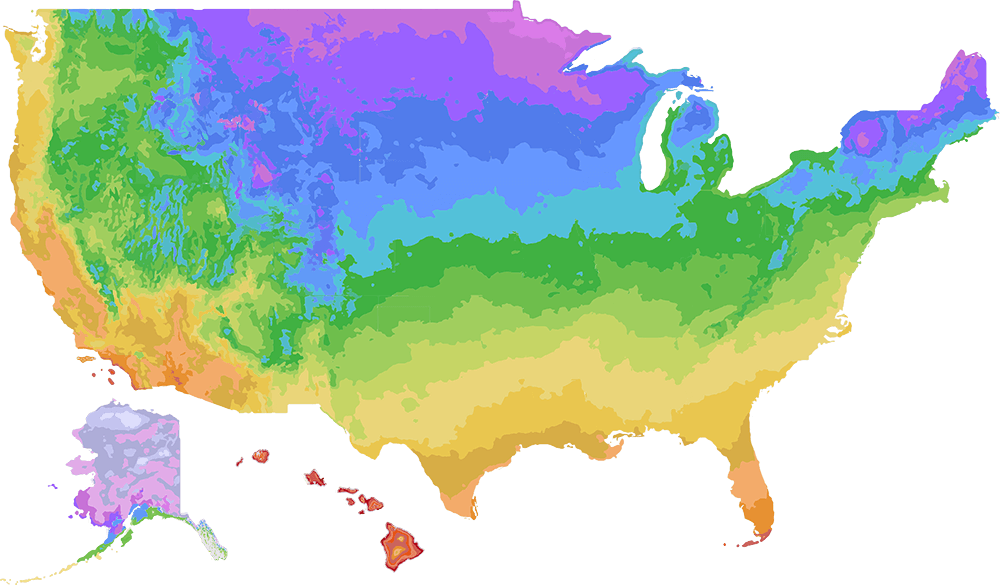Top 10 Hardy Hibiscus from Proven Winners
With so many beautiful varieties to choose from, how do you pick the best Hibiscus for your garden? We’ve narrowed it down to our top 10 hardy varieties for outdoor landscapes.
Perennial Hibiscus, commonly known as Rose Mallow
Perennial hibiscus are hardy perennials in zones 4-9. Their large stature and dinner plate sized blossoms make them the talk of the neighborhood from midsummer to early fall as they flaunt their tropical looking blossoms. Hummingbirds and pollinating bees are attracted to the colorful flowers, but deer typically pass them by.
Top Recommended Perennial Hibiscus
Prolific bloomer with lavender pink flowers. | 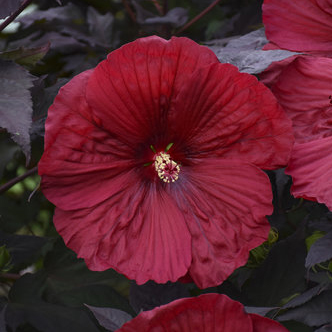 Summerific® 'Holy Grail' Stunning scarlet flowers against black foliage. | |
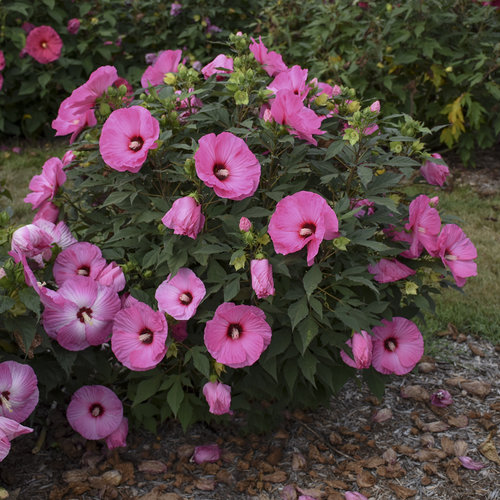 Summerific® 'Candy Crush' Bubblegum pink flowers on a tidy, upright plant. |
Growing Tips for Perennial Hibiscus:
- Grow perennial hibiscus in full sun to light shade.
- Never let them dry out—consistent moisture is critical.
- Apply an extended release fertilizer once in late spring when new growth emerges.
- This plant comes up later than most perennials. Don’t fret! It will return reliably every year.
- Leave the woody stems standing until spring, then cut them down to 6” tall.
- New growth will emerge from below ground, not on last year’s stems.
Shrub Hibiscus, commonly known as Rose of Sharon
Shrub forms of hibiscus are bushy, woody plants that are cold hardy in zones 5-9. Many varieties grow quite large, reaching heights of up to 12 feet, but more dwarf cultivars are available. Their taller-than-wide shape makes them ideal for use along a fence line, as a screen, or as a focal point near the entryway of your home. 2-3” wide, single or double flowers are produced abundantly in summer. Butterflies and hummingbirds enjoy their nectar, but deer typically pass them by.
Top Recommended Rose of Sharon
| Azurri Blue Satin® The only seedless blue rose of Sharon. |
| |
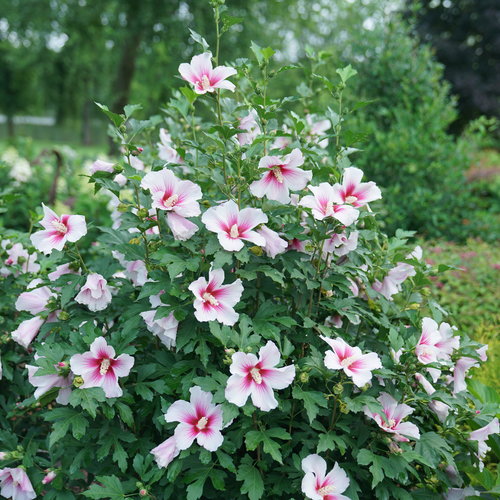 Paraplu Pink Ink® Large, white flower with a hot pink eye and a tidy habit. |
Growing Tips for Rose of Sharon:
- Grow shrub forms of hibiscus in full sun.
- When planting in fall, keep them watered consistently through late fall so they are well-hydrated going into winter.
- Once established, rose of Sharon requires average amounts of moisture.
- If you wish to prune the plant to shape it, do so in early spring.
- Apply an extended release fertilizer once in late spring when new growth emerges.
- If reseeding is an issue in your climate, choose varieties with low to no seed set such as Sugar Tip® or the Chiffon® series.



